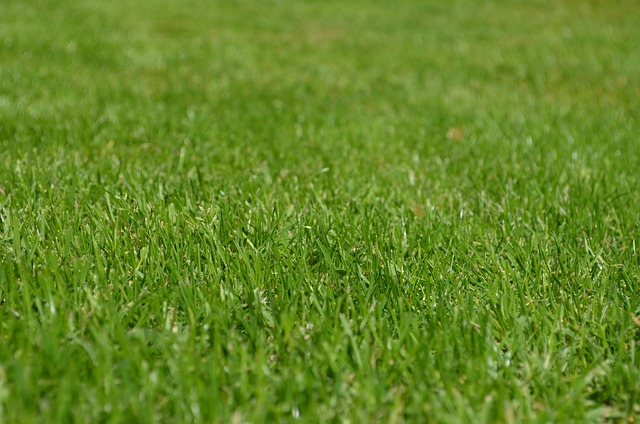Eco-friendly yard care emphasizes sustainability with proper Yard Waste Removal and Recycling, composting organic materials to reduce landfill waste and enrich soil. Homeowners conserve water through efficient irrigation and select drought-resistant plants, adopting natural pest management using beneficial insects. These practices enhance local ecosystem health and minimize carbon footprints, contributing to healthier landscapes.
Many homeowners are increasingly adopting eco-friendly yard care practices, driven by a desire to minimize their environmental footprint. This article guides you through essential steps towards sustainable landscaping. We’ll explore understanding eco-friendly yard care, effective strategies for Yard Waste Removal and Recycling, crucial components in reducing your carbon footprint. Learn how these practices not only benefit the planet but also enhance the beauty and health of your outdoor space.
- Understanding Eco-Friendly Yard Care Practices
- Effective Strategies for Yard Waste Removal
- Recycling and Its Role in Sustainable Landscaping
Understanding Eco-Friendly Yard Care Practices

Eco-friendly yard care practices focus on maintaining a lush, healthy lawn and garden while minimizing environmental impact. This involves a shift from traditional chemical-heavy methods to more sustainable alternatives. One key aspect is proper Yard Waste Removal and Recycling. Instead of sending organic materials to landfills, homeowners can compost them, turning waste into nutrient-rich soil amendments that benefit their yards. By adopting these practices, homeowners contribute to local ecosystem health and reduce their carbon footprint.
Additionally, eco-friendly yard care emphasizes water conservation and responsible pest management. This might include installing efficient irrigation systems, choosing drought-resistant plants, and utilizing natural pesticides derived from plants or beneficial insects. These strategies ensure that yards remain vibrant while promoting a balance in the surrounding ecological communities.
Effective Strategies for Yard Waste Removal

Homeowners looking to embrace eco-friendly yard care practices should consider implementing effective strategies for yard waste removal and recycling. One of the simplest and most impactful methods is composting, which turns organic materials like food scraps, leaf litter, and grass clippings into nutrient-rich soil amendments. This not only reduces the amount of waste sent to landfills but also enriches garden soil, promoting healthier plants.
Another sustainable approach involves repurposing yard waste as mulch or wood chips. These materials suppress weeds, conserve moisture, and gradually break down, providing essential nutrients to the soil. Additionally, many communities offer curb-side recycling programs for items like cardboard, paper, metal, and plastic, encouraging homeowners to minimize their environmental footprint by responsibly disposing of non-biodegradable materials.
Recycling and Its Role in Sustainable Landscaping

Many homeowners are now embracing sustainable practices, and eco-friendly yard care is a significant aspect of this movement. One powerful tool in a homeowner’s arsenal is recycling and proper yard waste removal. By implementing effective recycling programs, individuals can significantly reduce their environmental impact. Organic materials from yards, such as leaves, grass clippings, and garden trimmings, are perfect candidates for composting, which creates nutrient-rich soil amendments.
This simple yet powerful practice not only reduces the amount of waste sent to landfills but also fosters a circular economy. Moreover, recycled yard waste can be used to create mulch, further enriching the soil and suppressing weeds naturally. With proper collection and processing, homeowners can ensure their yard care contributes to a healthier environment, promoting biodiversity and sustainable landscaping practices.
For homeowners committed to eco-friendly practices, integrating sustainable landscaping principles is both rewarding and beneficial for the environment. By adopting strategies like efficient water usage, organic pest control, and proper yard waste removal through recycling or composting, individuals can contribute to a greener planet. Effective Yard Waste Removal and Recycling methods discussed in this article equip property owners with the tools to make informed choices that transform their yards into ecological oases.














